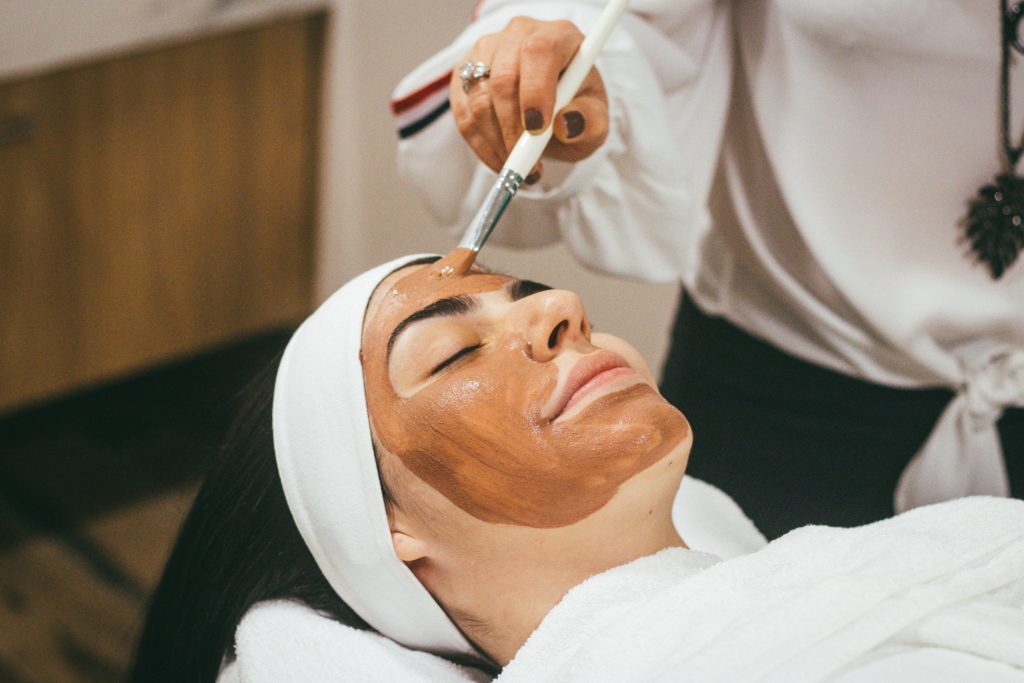College life is exhilarating, but it can also be demanding, with academic pressures, social obligations, and extracurricular activities vying for attention. Amid busy schedules and looming deadlines, it’s easy for college students to neglect self-care and overlook their well-being.
However, prioritizing beauty and self-care isn’t just about vanity—it’s about nurturing your physical, mental, and emotional health to thrive in all aspects of life.
In this article, we’ll explore practical tips and strategies for college students to incorporate beauty and self-care into their daily routines, empowering them to look and feel their best while navigating the challenges of academia.
The Importance of Beauty and Self-Care
Beauty and self-care are often perceived as indulgent luxuries reserved for those with ample time and resources. However, they are essential components of overall well-being, especially for college students facing high levels of stress and pressure.
Engaging in regular self-care practices not only improves physical appearance but also enhances mood, boosts confidence, and fosters resilience in the face of challenges.
In the context of college life, prioritizing beauty and self-care can have a profound impact on academic performance, social interactions, and overall quality of life. By investing time and effort into self-care, college students can cultivate a strong sense of self-worth, build healthy habits, and develop coping mechanisms to navigate the ups and downs of university life.
Skincare Tips for College Students
Maintaining a consistent skincare routine is essential for healthy, glowing skin, but it can be challenging amidst the hectic pace of college life. Here are some practical tips for college students to take care of their skin:
- Simplify your routine: Opt for multi-tasking products that cleanse, moisturize, and protect the skin in one step to streamline your skincare routine and save time.
- Protect against sun damage: Wear sunscreen daily, even on cloudy days, to protect your skin from harmful UV rays and prevent premature aging and skin cancer.
- Stay hydrated: Drink plenty of water throughout the day to keep your skin hydrated from the inside out and maintain its elasticity and radiance.
- Get enough sleep: Aim for 7-9 hours of sleep each night to allow your skin to repair and regenerate, reducing the appearance of dark circles, fine lines, and blemishes.
- Manage stress: Practice stress-reducing techniques such as meditation, yoga, or deep breathing exercises to minimize stress-related skin issues like acne and inflammation.
Haircare Hacks for Busy Students
Maintaining healthy hair can be challenging for college students, especially with limited time and resources. Here are some haircare hacks to keep your hair looking luscious:
- Invest in low-maintenance hairstyles: Opt for hairstyles that require minimal styling and upkeep, such as braids, buns, or ponytails, to save time and effort.
- Use dry shampoo: Extend the time between washes and freshen up your hair with dry shampoo, which absorbs excess oil and adds volume and texture.
- Protect against heat damage: Limit the use of heat styling tools like flat irons and curling wands, and use heat protectant products to shield your hair from damage.
- Deep condition regularly: Treat your hair to a weekly deep conditioning treatment to nourish and hydrate dry, damaged strands, keeping them soft, smooth, and manageable.
- Trim your hair regularly: Schedule regular trims every 6-8 weeks to prevent split ends and breakage, maintaining the health and vitality of your hair.
Mental Health and Self-Care Practices
Prioritizing mental health is paramount for college students, who often face high levels of stress, anxiety, and depression. Here are some self-care practices to support mental well-being:
- Practice mindfulness: Incorporate mindfulness practices such as meditation, journaling, or mindful breathing into your daily routine to cultivate self-awareness and reduce stress.
- Connect with others: Nurture meaningful connections with friends, family, and classmates to foster a sense of belonging and support network during challenging times.
- Seek professional help: Don’t hesitate to seek support from campus counseling services or mental health professionals if you’re struggling with mental health issues like depression, anxiety, or eating disorders.
- Set boundaries: Learn to say no to excessive demands and commitments, prioritizing your mental and emotional well-being and preventing burnout.
- Engage in hobbies: Make time for activities that bring you joy and fulfillment, whether it’s painting, playing music, or exploring the great outdoors, to recharge and rejuvenate your mind and spirit.
Conclusion
In the whirlwind of college life, it’s easy for students to prioritize academic success at the expense of their well-being. However, incorporating beauty and self-care practices into daily routines is essential for nurturing physical, mental, and emotional health. By prioritizing skincare, haircare, and mental health, college students can cultivate a strong sense of self-care and resilience, empowering them to thrive academically, socially, and personally.
FAQs
Q1: How can I find time for self-care amidst my busy college schedule?
Prioritize self-care by scheduling dedicated time for skincare, haircare, and mental health practices in your daily routine. Even small acts of self-care, like taking a short walk or practicing deep breathing exercises, can make a significant difference in your overall well-being.
Q2: What are some affordable self-care options for college students on a budget?
Look for affordable self-care options such as DIY skincare treatments, free or low-cost fitness classes on campus, and meditation apps that offer guided mindfulness exercises. Many universities also offer discounted or free counseling services for students seeking mental health support.
Practice stress-reducing techniques such as meditation, yoga, or deep breathing exercises to minimize stress levels, which can exacerbate skin issues like acne and inflammation. Additionally, prioritize a consistent skincare routine with gentle, non-comedogenic products to keep breakouts at bay.
Q4: What are some quick and easy hairstyles for busy college students?
Opt for low-maintenance hairstyles like messy buns, ponytails, or half-up, half-down styles that require minimal styling and upkeep. Accessories like headbands, scarves, and hair clips can also add flair to simple hairstyles and conceal any hair-related mishaps.
Q5: How can I access mental health resources on my college campus?
Most colleges and universities offer counseling services, support groups, and mental health workshops for students seeking support. Visit your campus health center or counseling services office to learn more about available resources and how to schedule an appointment with a mental health professional.



